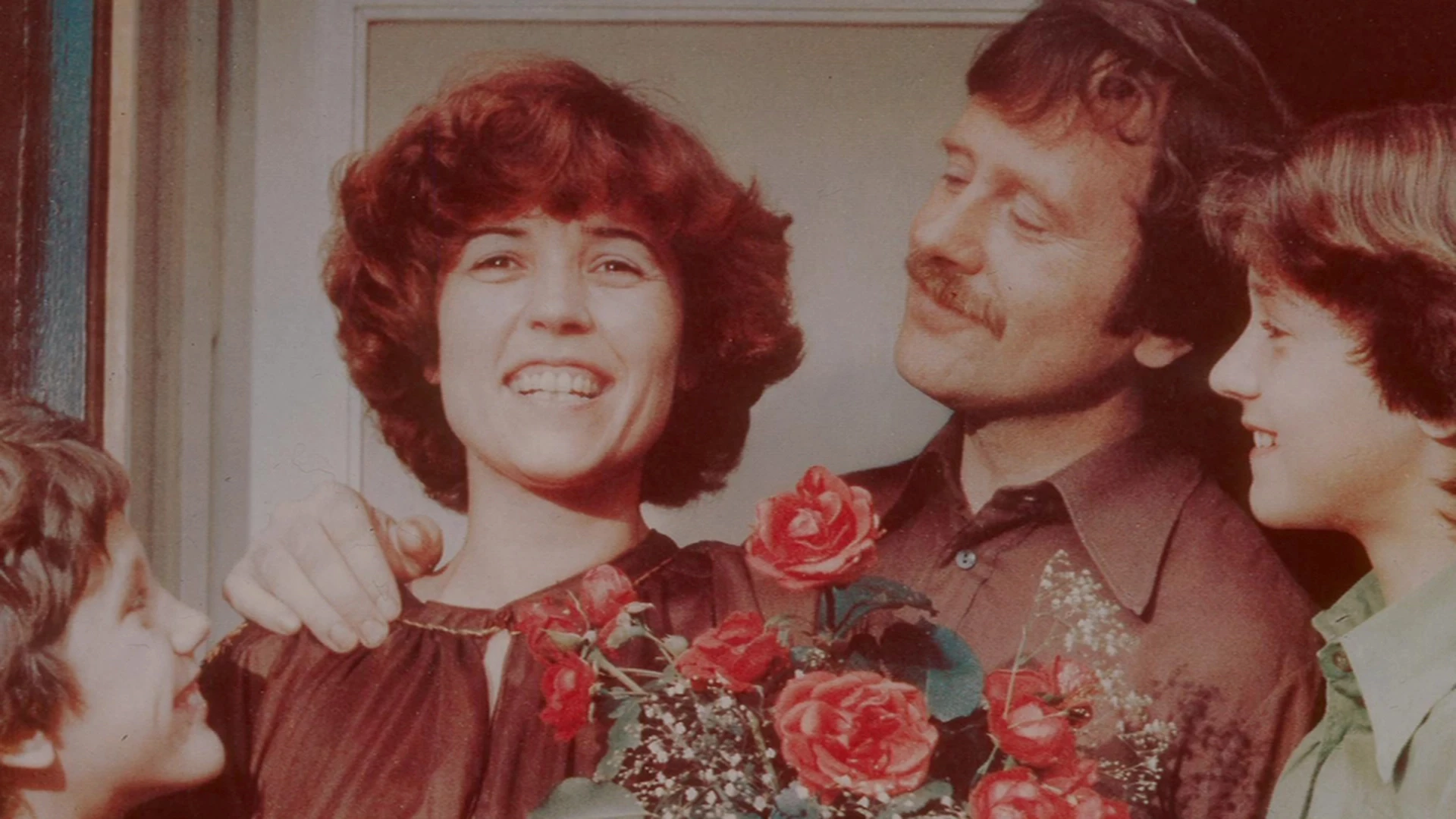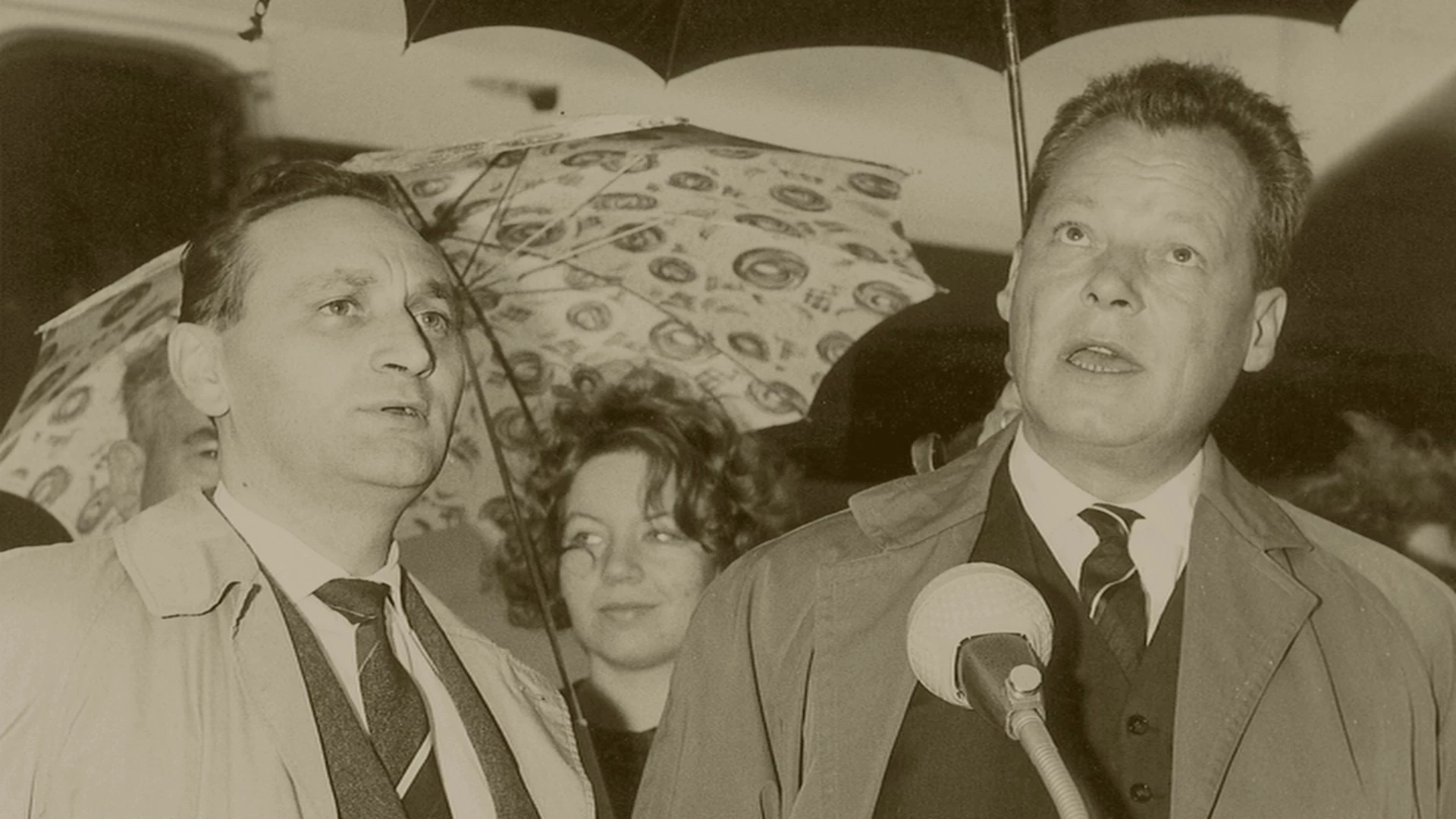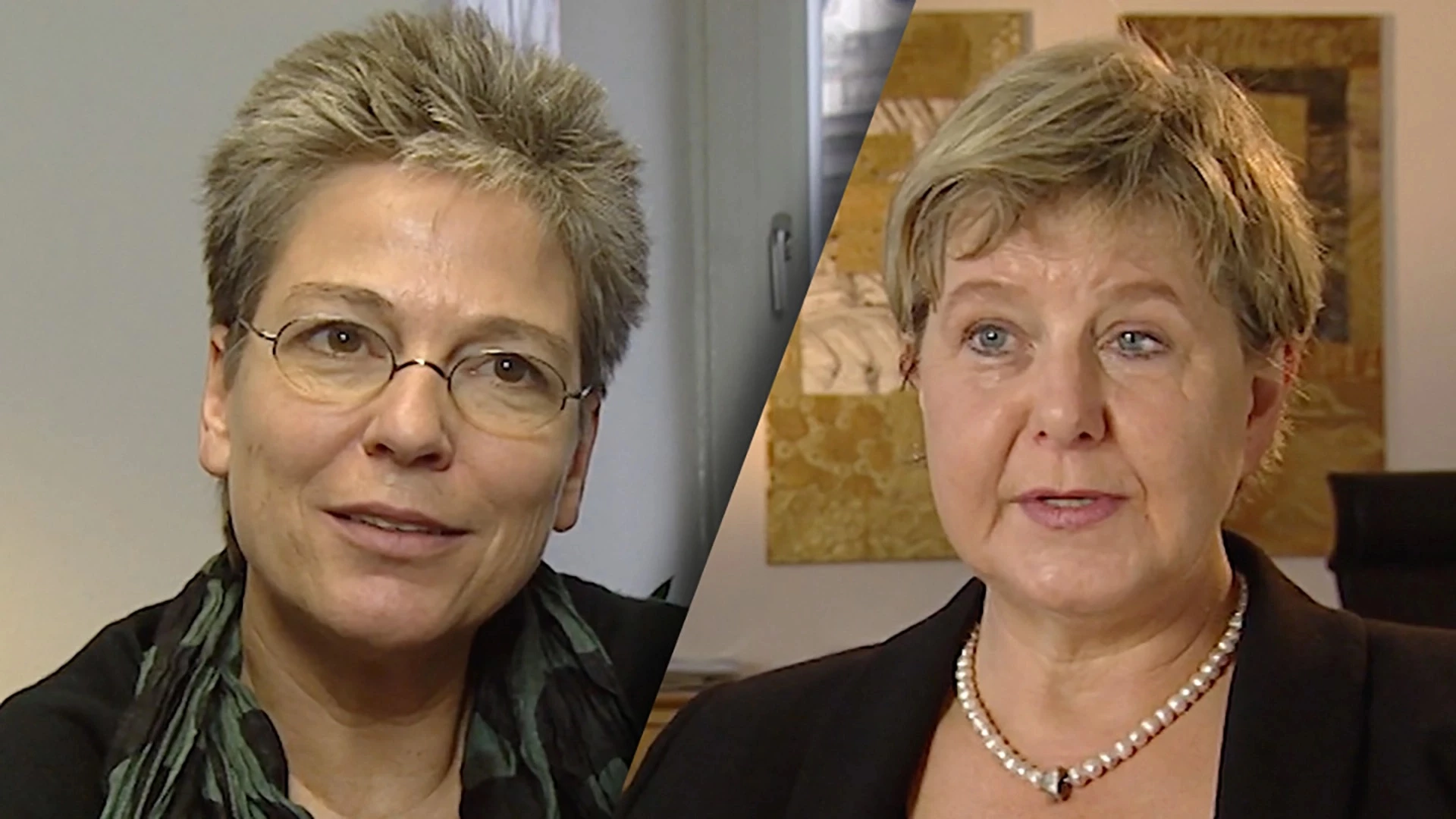20. Jahrhundert: 1945 bis heute | Kalter Krieg
Détente and Confrontation
The Vietnam War is one of the numerous proxy wars and conflicts by which, beginning in the 1950s, the USA and the Soviet Union vie for global influence and power. The whole world is now involved in the East-West conflict - including Germany, where Chancellor Willy Brandt’s Ostpolitik (policy towards the East) strives for détente and reconciliation. On the international stage, the Conference on Security and Cooperation in Europe (CSCE) is one of the places where efforts are made to achieve understanding and peace. However, the arms race continues. Nuclear missiles with ever greater explosive power are stationed in Europe. This will only change with Soviet leader Mikhail Gorbachev, who focuses on disarmament and major political reforms. These will ultimately lead to the end of the Cold War. | In this film version, German interviews and historical or literary quotes remain untranslated.
mehr
weniger
Cold War, West Germany, FRG, democracy, GDR, East Germany, dictatorship, communism, building of the Wall, Change through Rapprochement, Soviet Union, Russia, Leonid Brezhnev, Treaty of Moscow, foreign policy, organisations representing expellees and refugees, associations of displaced persons, Oder-Neiße Line, Oder-Neiße Border, Poland, Warsaw, Jewish Ghetto Memorial, reconciliation policy, politics of reconciliation, Nobel Peace Prize, Helsinki, Conference on Security and Cooperation in Europe, NATO, Warsaw Pact, economic relations, USA, America, Gerald Ford, human rights, peacekeeping, Erich Honecker, East-West relations, freedom and civil rights, union Solidarnosc, union solidarity, Vietnam War, Communists, Afghanistan War, military armament, military build-up, medium-range missiles, deterrence, Ronald Reagan, NATO twin-track decision, NATO double-track decision, Pershing nuclear missiles, Europe, Freedom Movement, Michail Gorbachev, policy of reform, economic reforms, SED, opposition, demonstrations, protests, disarmament policy
Geeignet für die Fächer:
Geschichte
Empfehlung der Medienbegutachtung Baden-Württemberg für den Geschichtsunterricht


